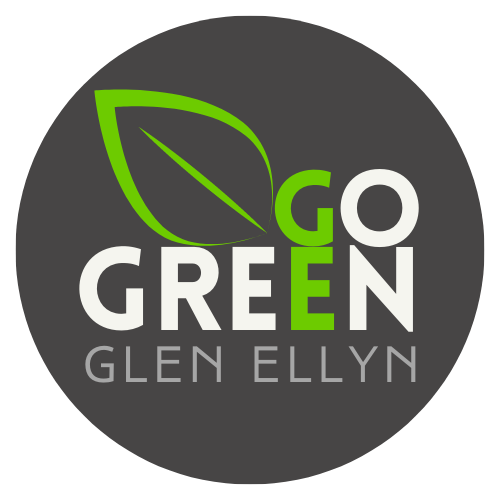Plastic-Free July!
by Jac
While we try to reduce and reuse every day, now is an especially good time to celebrate because it's "Plastic Free July!" This week we will celebrate some good news coming out of California regarding their newly-passed "Plastic Pollution Prevention and Packaging Producer Responsibility Act", as well as share ideas to help you make your July more plastic free.
Together we can learn, do, and participate in everyday environmental actions that make our community more healthy, more beautiful, and more environmentally friendly for all.
What a way to usher in Plastic Free July! On June 30, Governor Newsom signed into California law SB 54, "Plastic Pollution Prevention and Packaging Producer Responsibility Act," which:
Calls for a 25 percent reduction in plastic packaging and foodware by weight and item count by 2032. Better news is that nearly half of that reduction must come from elimination of plastic packaging or switching to reuse and refill systems rather than replacing it with alternative single-use materials.
Requires all single-use packaging and foodware in the state to be recyclable or compostable by 2032, and
Requires 65% of all single-use plastic packaging to be recycled in the same timeframe - for context, the plastic recycling rate in the U.S. is about 5%, so this is a massive increase!
It will require plastic producers to form their own industry group to figure out how to meet these requirements, and also calls for contributions of $500 million ANNUALLY from the plastic producers for a fund aimed at cleaning up plastic pollution, with 60% of that aimed at disadvantaged and low-income communities historically impacted by plastic pollution.
According to the Ocean Conservancy, these measures are expected to eliminate nearly 23 million tons of single-use plastic packaging and foodware over the next 10 years. To put that in context, that amounts to nearly 26 times the weight of the Golden Gate Bridge!!
Why is this such a big deal?
First, so-called "producer responsibility laws" shift the burden of dealing with plastic waste to the manufacturer, rather than us consumers. We want to purchase the laundry detergent, cauliflower or sandwich - not necessarily the plastic it is contained in. Producers don't have to think about the end of life for their packaging - it falls to us consumers to figure out how to properly dispose or recycle the waste. Who has felt "garbage guilt" on how to deal with single-use plastics?
Second, because California is such a large state, it is reasonable to think that manufacturing changes required there may need to be made across a company's supply chain, making it easier for other companies and states to follow suit.
To celebrate this plastic victory, join us for Plastic Free July!
Plastic Free July originated in Australia in 2011 thanks to Rebecca Prince-Ruiz and has grown to a worldwide movement that encourages millions of people to re-evaluate their plastic use each July.
Plastic is everywhere, and eliminating or reducing it can feel overwhelming. If you're not sure where to start, try a "plastic audit:"
Write down where you use plastic in your home or out in the community during the day for 7 days. You can check out this example from the Surfrider Foundation as a guide.
At the end of the week, look back to see where you used the most plastic
Aim to change your habits in the areas you use plastic the most frequently, or you can also try making changes one room at a time
Tell us a sustainable swap you made this Plastic Free July - we'd love to share it on social!
DO
Jumpstart your Plastic Free July
Here's 10 ideas to jumpstart your Plastic Free July!
Laundry sheets instead of liquid detergent
Bars of soap instead of plastic bottles
Reusable silicone bags instead of plastic sandwich bags
Bamboo toothbrushes instead of plastic
Toothpaste bits instead of plastic tubes of toothpaste
Real silverware at your backyard BBQ instead of plastic
Reusable plates instead of plastic or Styrofoam
Reusable produce bags instead of plastic produce bags at the store
Beverages in aluminum cans instead of plastic bottles
Keep reusable bags in your car so you always have them!
Remember, the easiest way to deal with plastic is to avoid acquiring it in the first place :)
